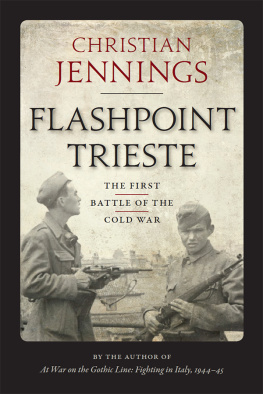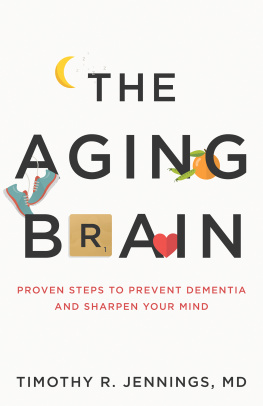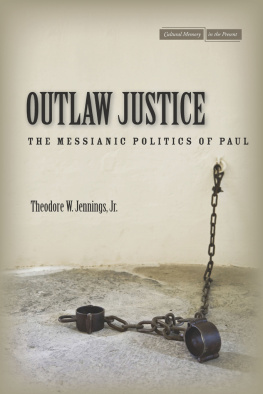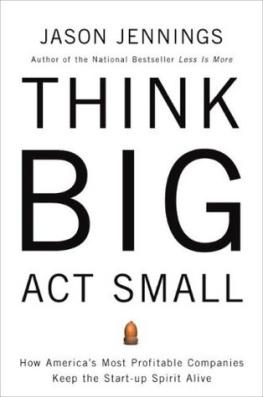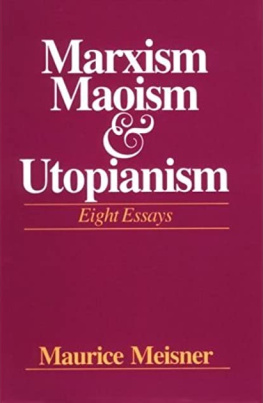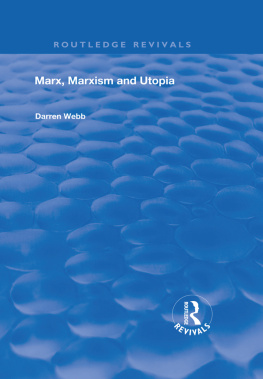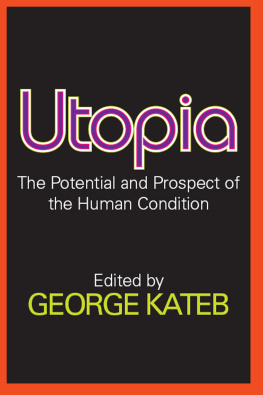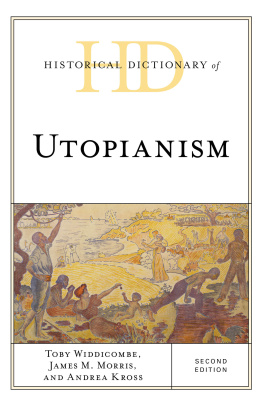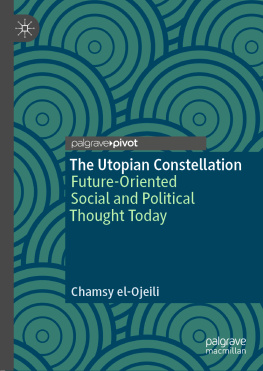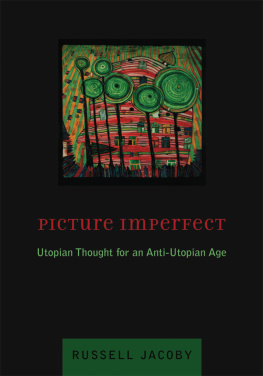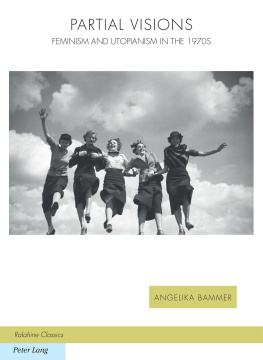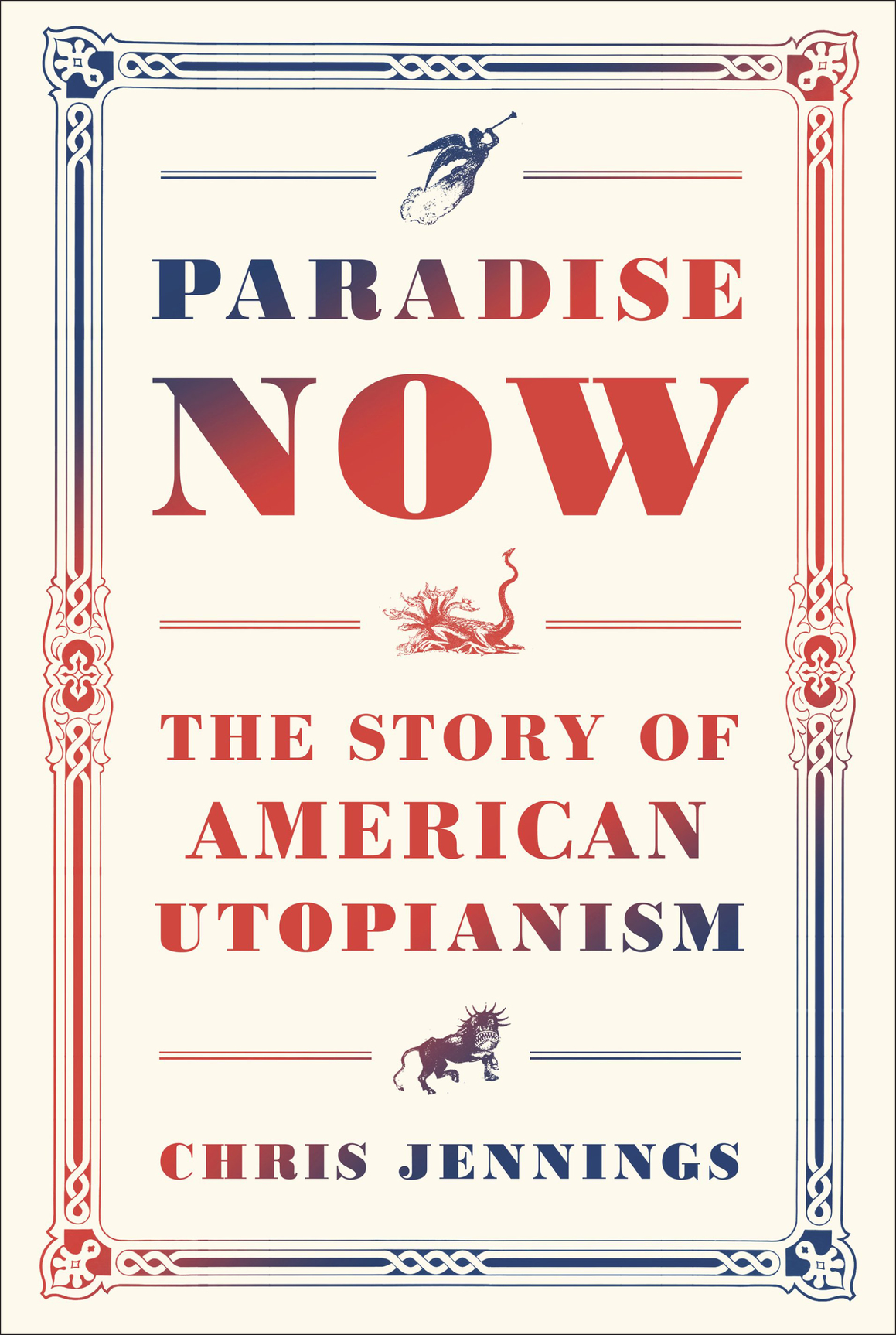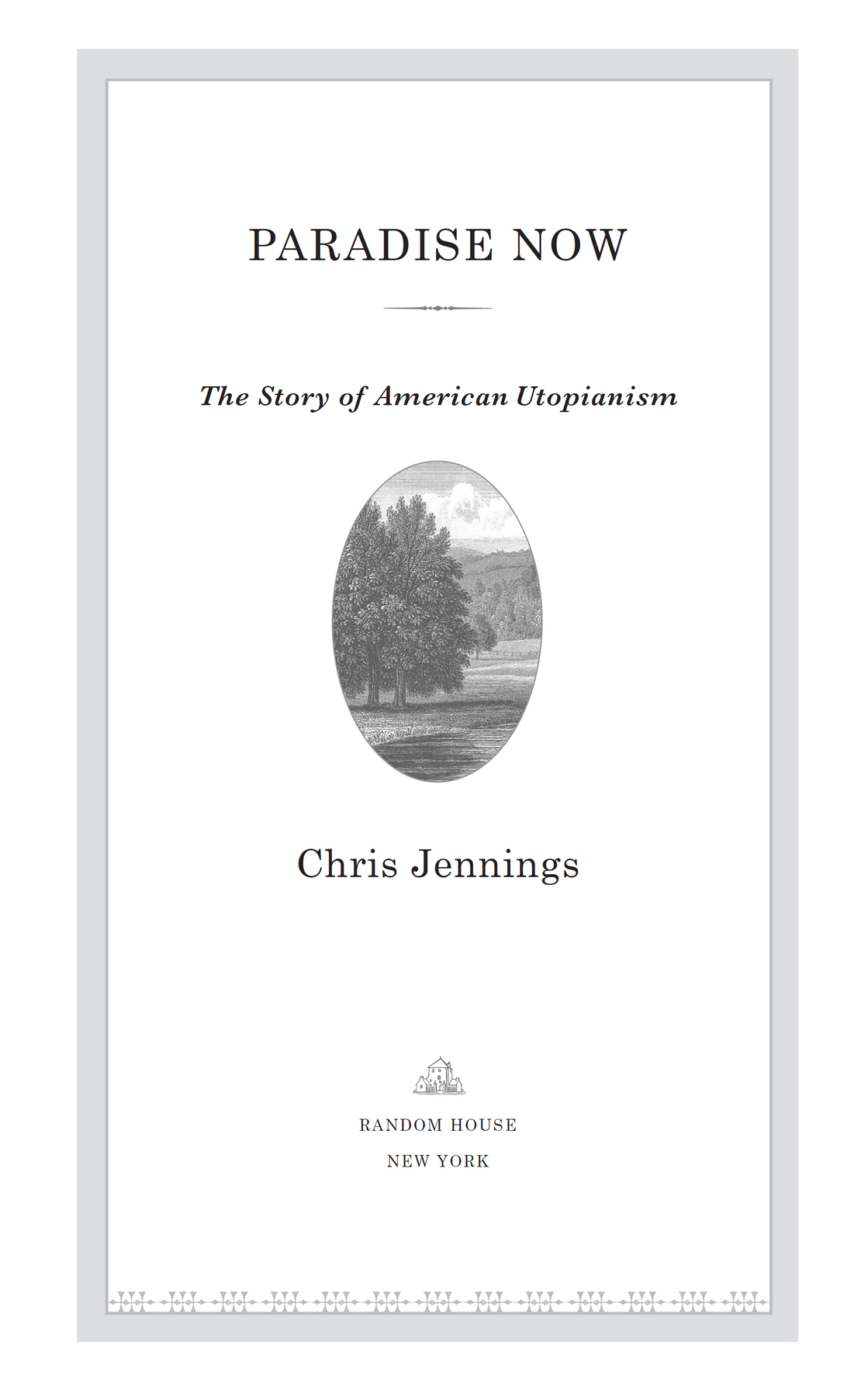Jennings - Paradise now : the story of American utopianism
Here you can read online Jennings - Paradise now : the story of American utopianism full text of the book (entire story) in english for free. Download pdf and epub, get meaning, cover and reviews about this ebook. City: New York, year: 2016, publisher: Random House Publishing Group, genre: History. Description of the work, (preface) as well as reviews are available. Best literature library LitArk.com created for fans of good reading and offers a wide selection of genres:
Romance novel
Science fiction
Adventure
Detective
Science
History
Home and family
Prose
Art
Politics
Computer
Non-fiction
Religion
Business
Children
Humor
Choose a favorite category and find really read worthwhile books. Enjoy immersion in the world of imagination, feel the emotions of the characters or learn something new for yourself, make an fascinating discovery.

Paradise now : the story of American utopianism: summary, description and annotation
We offer to read an annotation, description, summary or preface (depends on what the author of the book "Paradise now : the story of American utopianism" wrote himself). If you haven't found the necessary information about the book — write in the comments, we will try to find it.
In the wake of the Enlightenment and the onset of industrialism, a generation of dreamers took it upon themselves to confront the messiness and injustice of a rapidly changing world. To our eyes, the utopian communities that took root in America in the nineteenth century may seem ambitious to the point of delusion, but they attracted members willing to dedicate their lives to creating a new social order and to asking the bold question What should the future look like?
In Paradise Now, Chris Jennings tells the story of five interrelated utopian movements, revealing their relevance both to their time and to our own. Here is Mother Ann Lee, the prophet of the Shakers, who grew up in newly industrialized Manchester, Englandand would come to build a quiet but fierce religious tradition on the opposite side of the Atlantic. Even as the society she founded spread across the United States, the Welsh industrialist Robert Owen came to the Indiana frontier to build an egalitarian, rationalist utopia he called the New Moral World. A decade later, followers of the French visionary Charles Fourier blanketed America with colonies devoted to inaugurating a new millennium of pleasure and fraternity. Meanwhile, the French radical tienne Cabet sailed to Texas with hopes of establishing a communist paradise dedicated to ideals that would be echoed in the next century. And in New Yorks Oneida Community, a brilliant Vermonter named John Humphrey Noyes set about creating a new society in which the human spirit could finally be perfected in the image of God.
Over time, these movements fell apart, and the national mood that had inspired them was drowned out by the dream of westward expansion and the waking nightmare of the Civil War. Their most galvanizing ideas, however, lived on, and their audacity has influenced countless political movements since. Their stories remain an inspiration for everyone who seeks to build a better world, for all who ask, What should the future look like?
Praise for Paradise Now
Uncommonly smart and beautifully written . . . a triumph of scholarship and narration: five stand-alone community studies and a coherent, often spellbinding history of the United States during its tumultuous first half-century . . . Although never less than evenhanded, and sometimes deliciously wry, Jennings writes with obvious affection for his subjects. To read Paradise Now is to be dazzled, humbled and occasionally flabbergasted by the amount of energy and talent sacrificed at utopias altar.The New York Times Book Review
Writing an impartial, respectful account of these philanthropies and follies is no small task, but Mr. Jennings largely pulls it off with insight and aplomb. Indulgently sympathetic to the utopian impulse in general, he tells a good story. His explanations of the various reformist credos are patient, thought-provoking and . . . entertaining.The Wall Street Journal
As a tour guide, Jennings is thoughtful, engaging and witty in the right doses. . . . He makes the subject his own with fresh eyes and a crisp narrative, rich with detail. . . . In the end, Jennings writes, the communards disregard for the world as it exists sealed their fate. But in revisiting their stories, he makes a compelling case that our present-day deficit of imagination could be similarly fated.San Francisco Chronicle
Jennings: author's other books
Who wrote Paradise now : the story of American utopianism? Find out the surname, the name of the author of the book and a list of all author's works by series.

